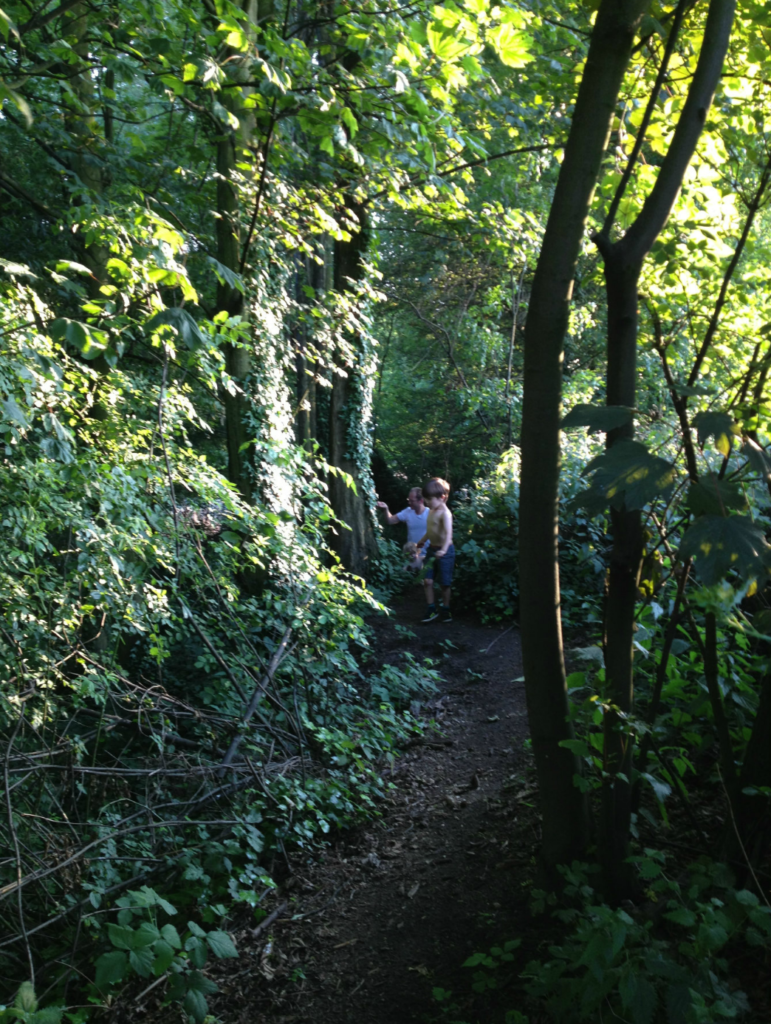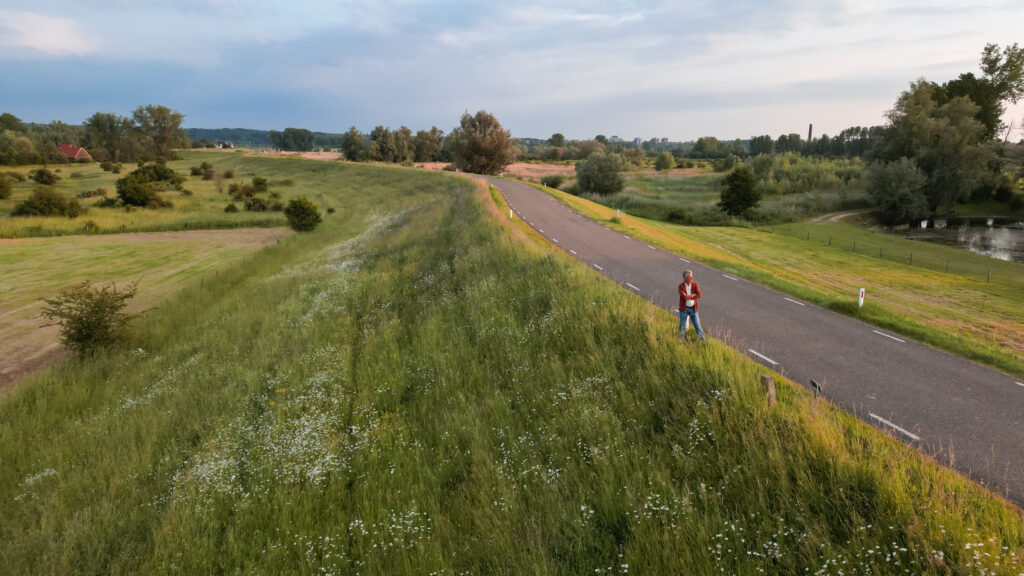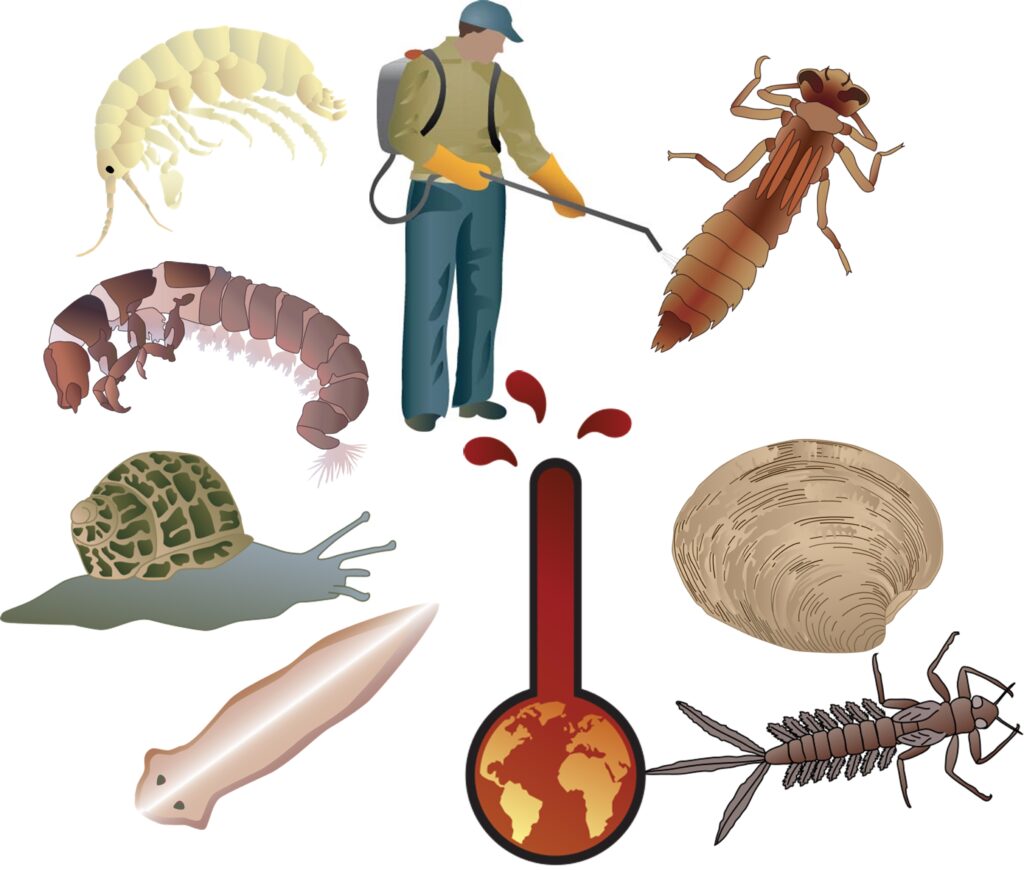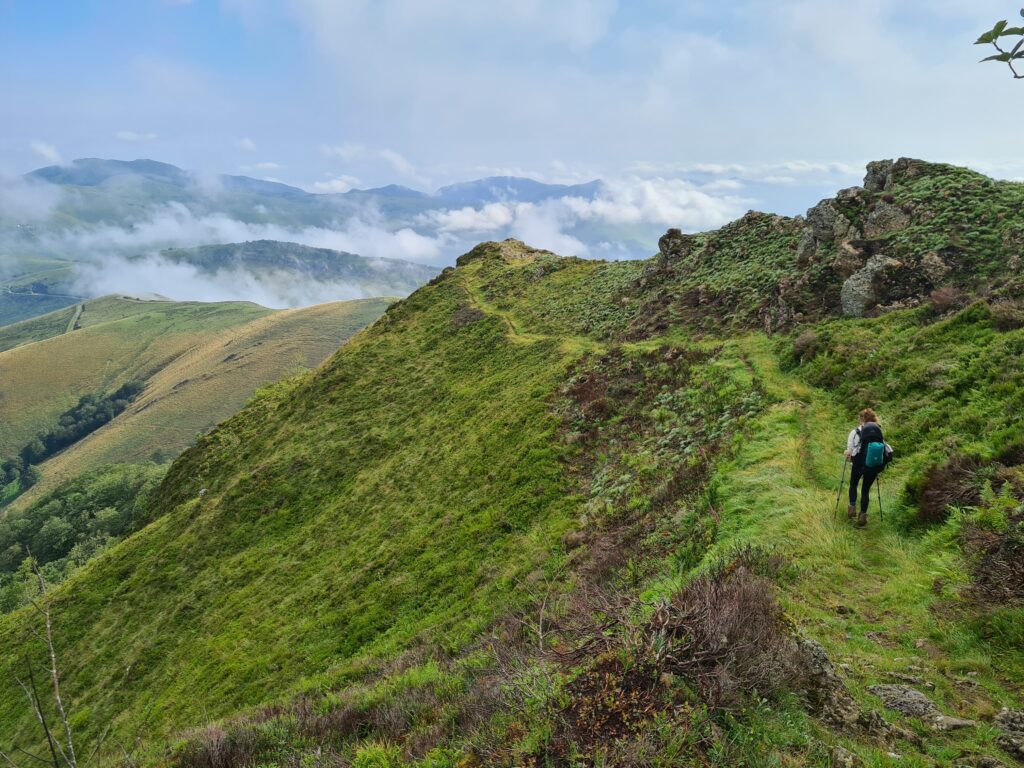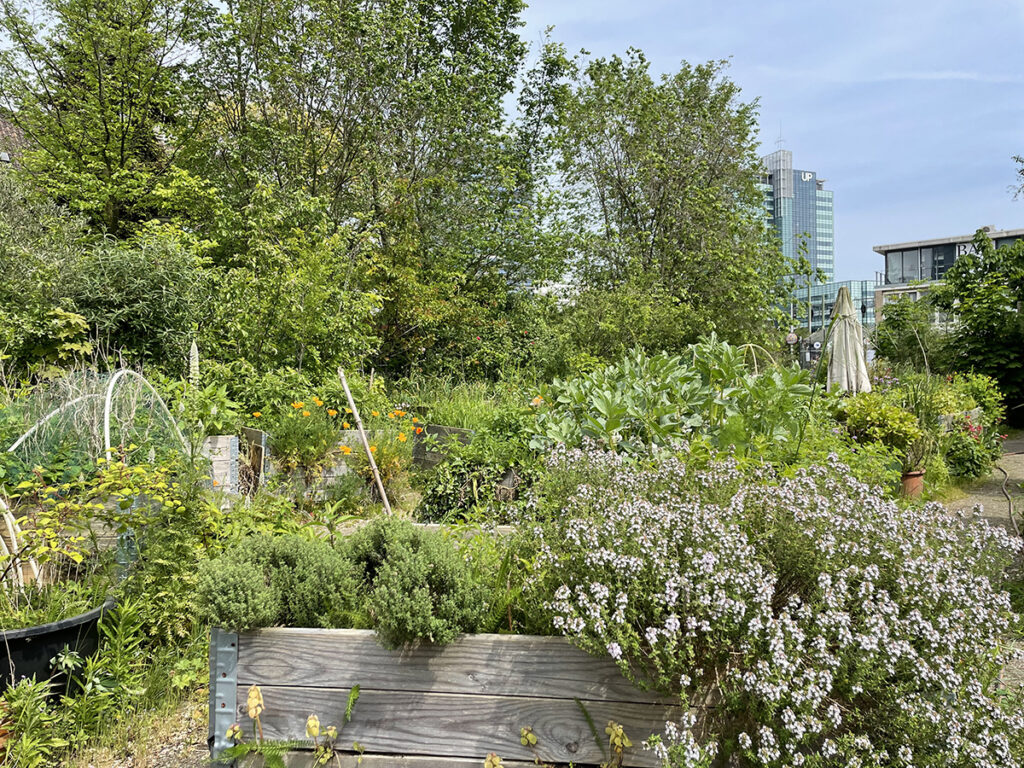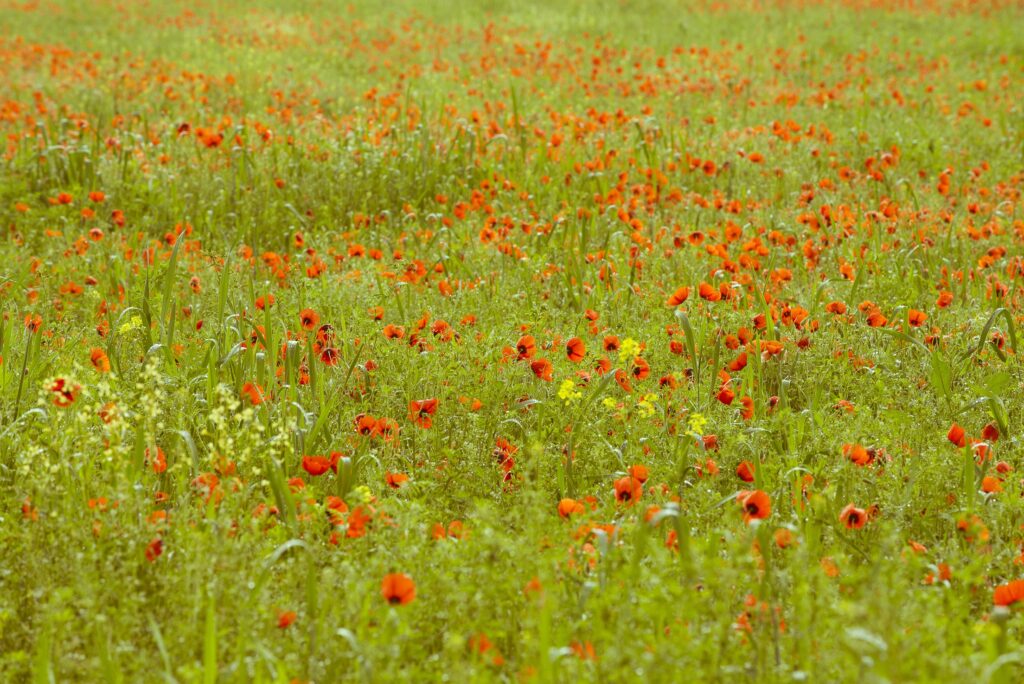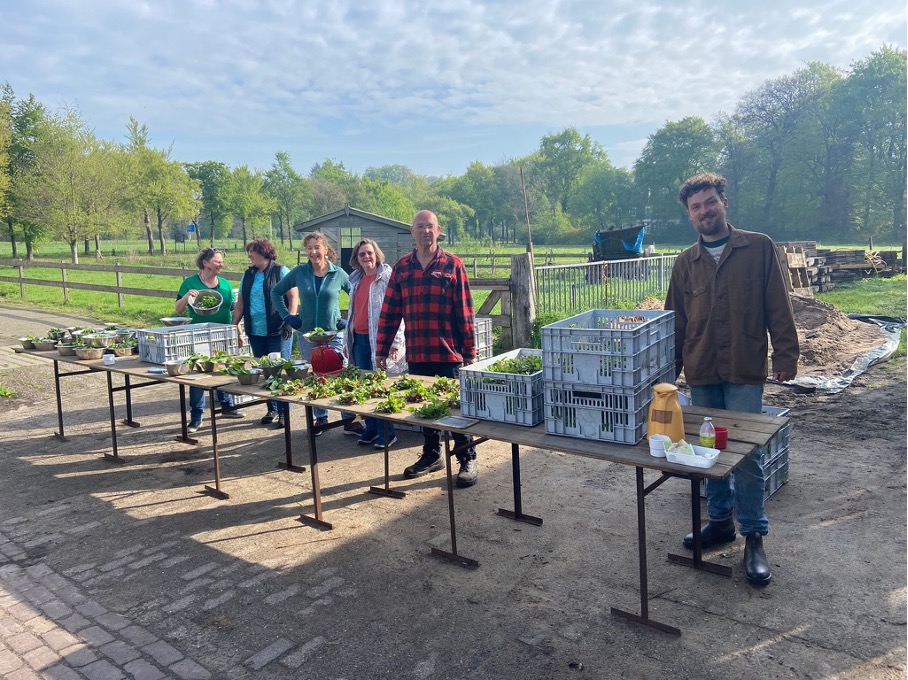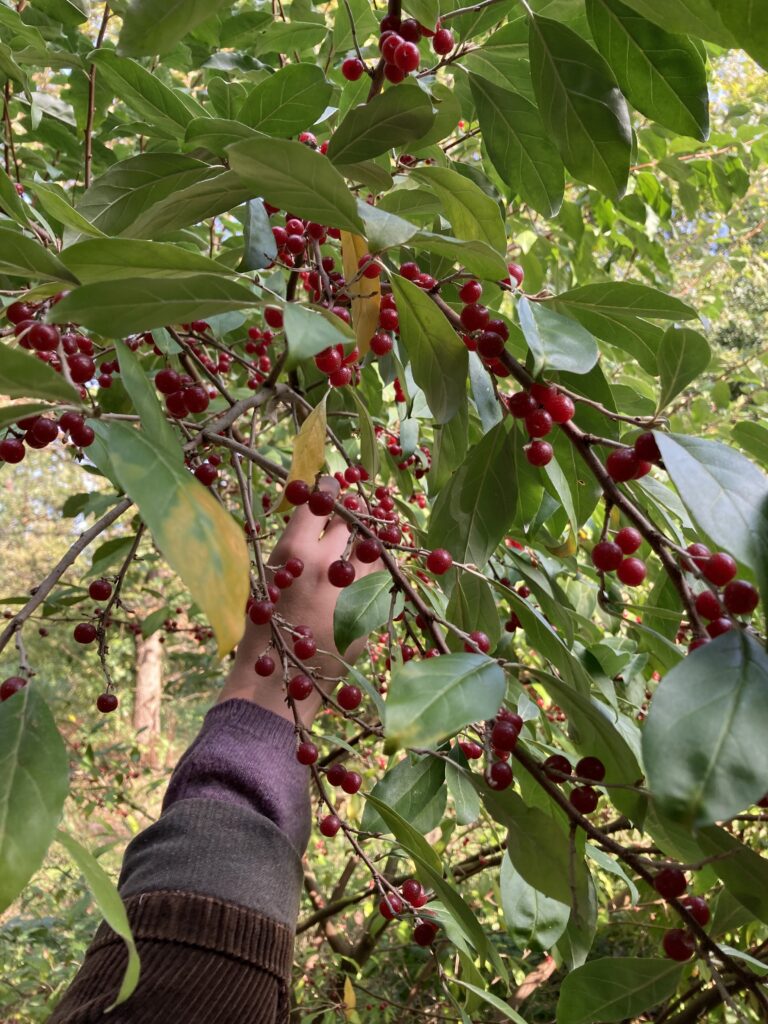Ecosystem Participation
Human technologies and our comprehension of natural systems have empowered us to adapt, survive, and thrive in densely populated areas. However, this understanding has also fostered a specific cultural and economic approach to the natural system, creating a second nature that could be labeled the Anthropocene lifestyle. In this lifestyle, human actions continuously impact the […]
Ecosystem Participation Lire la suite »
